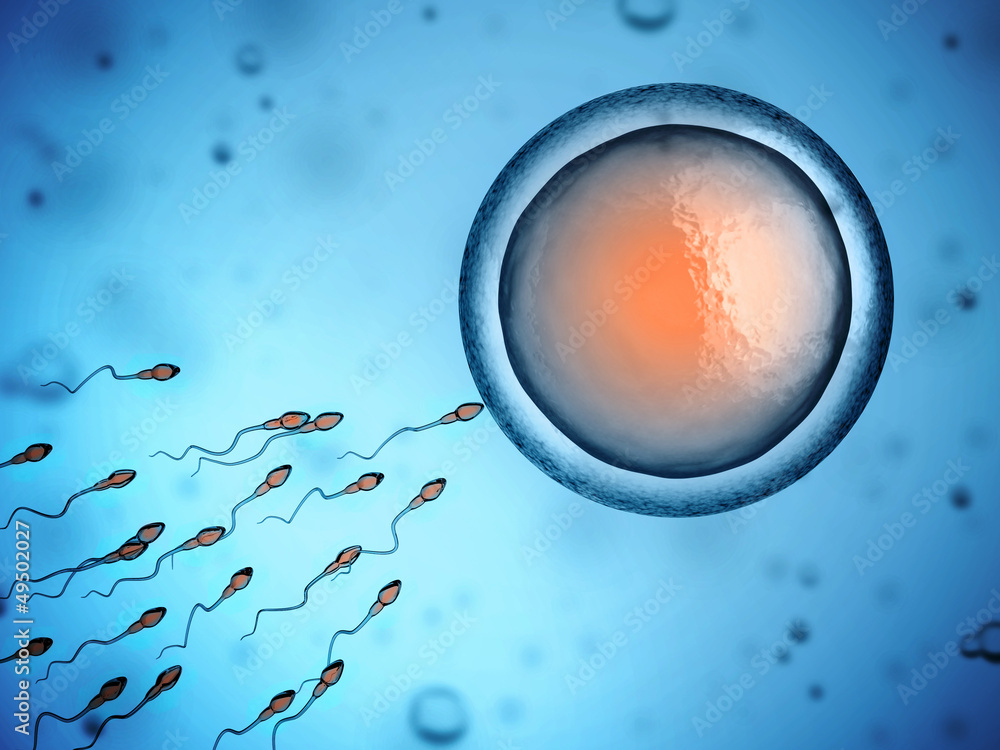

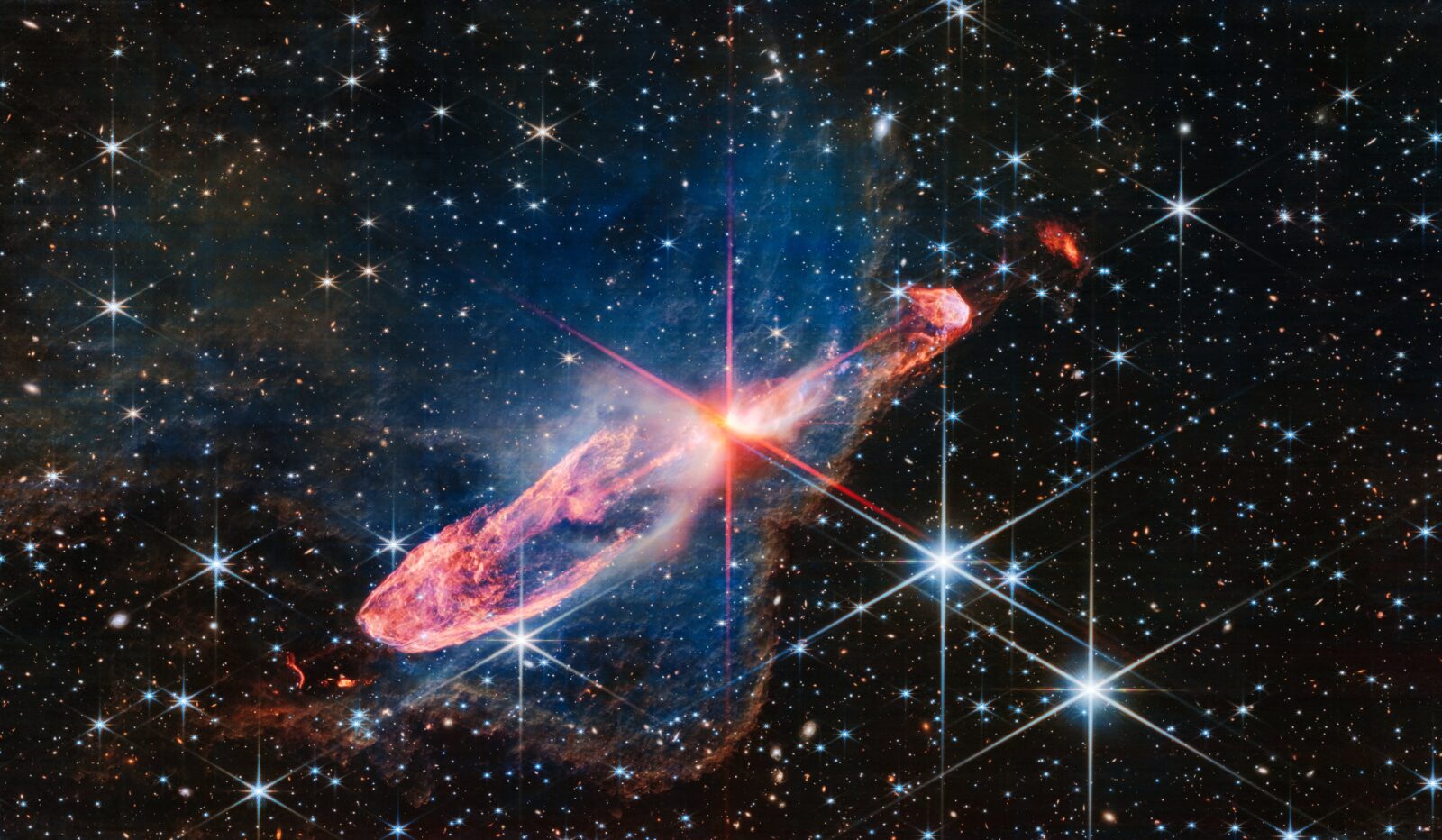
How Modern Physics Reveals Purpose in the Universe

David Berlinski on the Immaterial, Alan Turing, and the Mystery of Life Itself

David Berlinski on His New Book, Science After Babel
On today’s ID the Future, host Andrew McDiarmid rings up Science After Babel author David Berlinski in Paris to discuss the philosopher’s latest book. Berlinski is at his cultivated best as the two discuss everything from the biblical Tower of Babel as a metaphor for modern materialistic science, to his friendship with the brilliant and colorful French intellectual Marcel Schützenberger, a world-class mathematician who was self-taught and, as we learn here, came within a hair’s breadth of being swept up in the Chinese Revolution. Berlinski also reflects on the seminal 1966 WISTAR symposium, which laid out some mathematical challenges to Darwinism, challenges that Berlinski says remain unanswered to this day. At the same time, Berlinski gives the devil—here Darwinism—its due. Tune in for this and more, and order your copy of Berlinski’s Science After Babel here.

God’s Grandeur: Ann Gauger on Beauty, Intelligibility, and Human Uniqueness

Is a New Design-Based Paradigm of Biology Emerging?
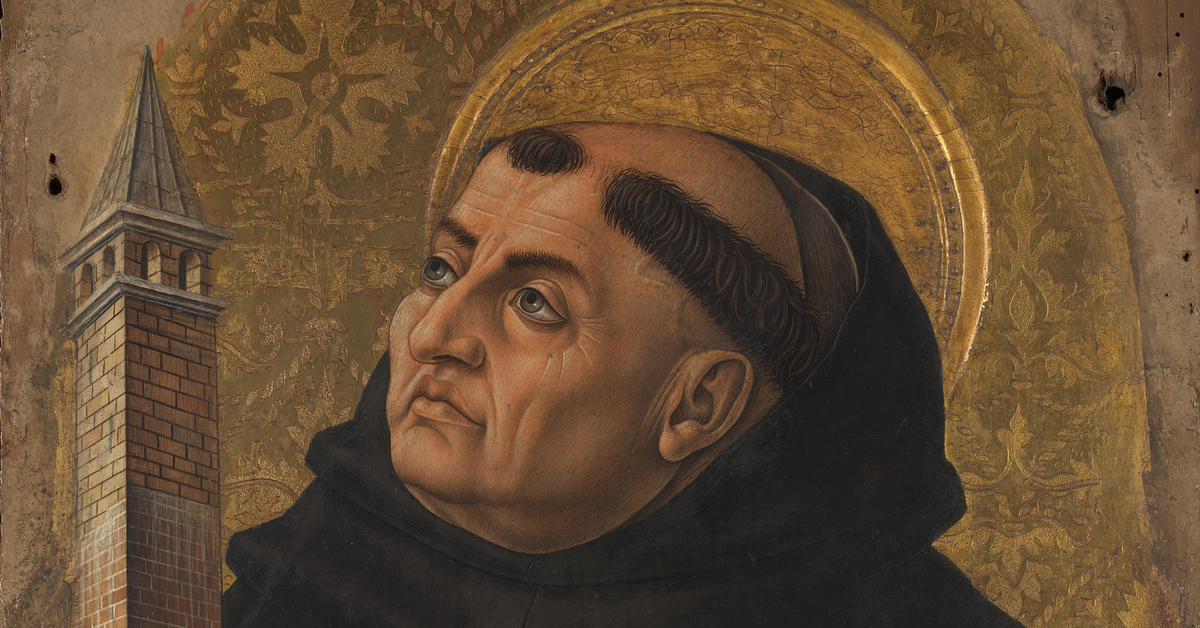
Behe and Ramage Debate, Pt. 2: Evolution, ID, and Aquinas
Today’s ID the Future continues the conversation between Catholic intelligent design biologist Michael Behe and Catholic theologian Matthew Ramage. Both agree that nature points to a cosmic designer, but Ramage says he prefers, on aesthetic grounds, the idea that the biological realm has the capacity, gifted by God, to evolve on its own without the need for intervention by God. Behe notes that people have different aesthetic predilections, but it’s the scientist’s job not to figure out how he would have preferred things to have happened in nature, but to discover how they actually did come about. Behe also says that while the sun, moon, and stars do move according to fixed natural laws, it doesn’t follow from this that the many complex forms we find in biology arose purely through natural laws. The question of how they arose requires scientific investigation. Philosophy for the People Podcast host Pat Flynn leads the discussion, which is reposted here by his permission.
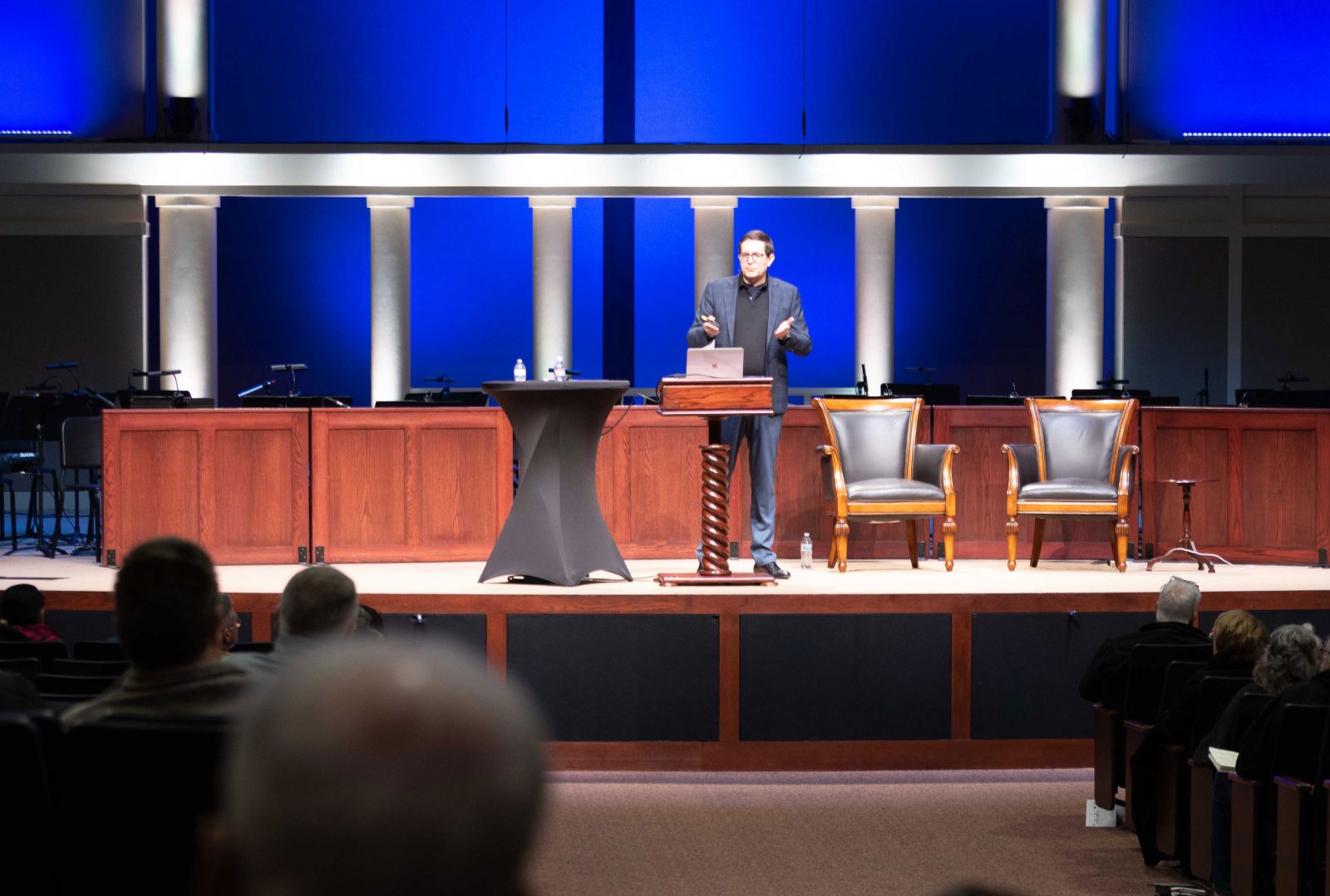
Brian Miller: The Surprising Relevance of Engineering in Biology
Today’s ID the Future brings listeners physicist and engineer Brian Miller’s recent lecture at the Dallas Conference on Science and Faith, “The Surprising Relevance of Engineering in Biology.” Miller rebuts several popular arguments for evolution based on claims of poor design in living systems, everything from the “backward wiring” of the vertebrate eye to whales, wrists, ankles, and “junk DNA.” But the main emphasis of this discussion is the exciting sea change in biology in which numerous breakthroughs are occurring by scientists who are treating living systems and subsystems as if they are optimally engineered systems. Some in this movement reject intelligent design for ideological reasons. Others embrace it. But all systems biologists treat these systems as if they are masterfully engineered systems, and that perspective is rapidly accelerating progress in experimental biology. At the forefront of this work is the Conference on Engineering in Living Systems (CELS). Miller provides an exciting sneak peek at some of the cutting edge research from members of this group.

Casey Luskin on Why He Favors ID over Theistic Evolution
Today’s ID the Future continues intelligent design theorist Casey Luskin’s conversation with Apologetics 315 podcast hosts Brian Auten and Chad Gross. Here in Part 2, Luskin give a peek behind the scenes of ID 3.0, the current research program inspired by the intelligent design framework. Luskin is then asked to explain his reservations about theistic evolution, and Luskin points out the evidential, rhetorical, and logical problems he sees with the brand of theistic evolution advocated by Francis Collins and Biologos. What about the future of the intelligent design movement? Luskin says he’s optimistic, both because of the exciting research and publication breakthroughs of late, and because of the many converts he’s seeing to the ID framework. According to Luskin, many of these recruits remain behind the scenes to avoid reprisals from opponents of ID in positions of power, but some top scientists have come out publicly in support of intelligent design, including at least one Nobel Laureate. This episode is presented here with permission from Apologetics 315.
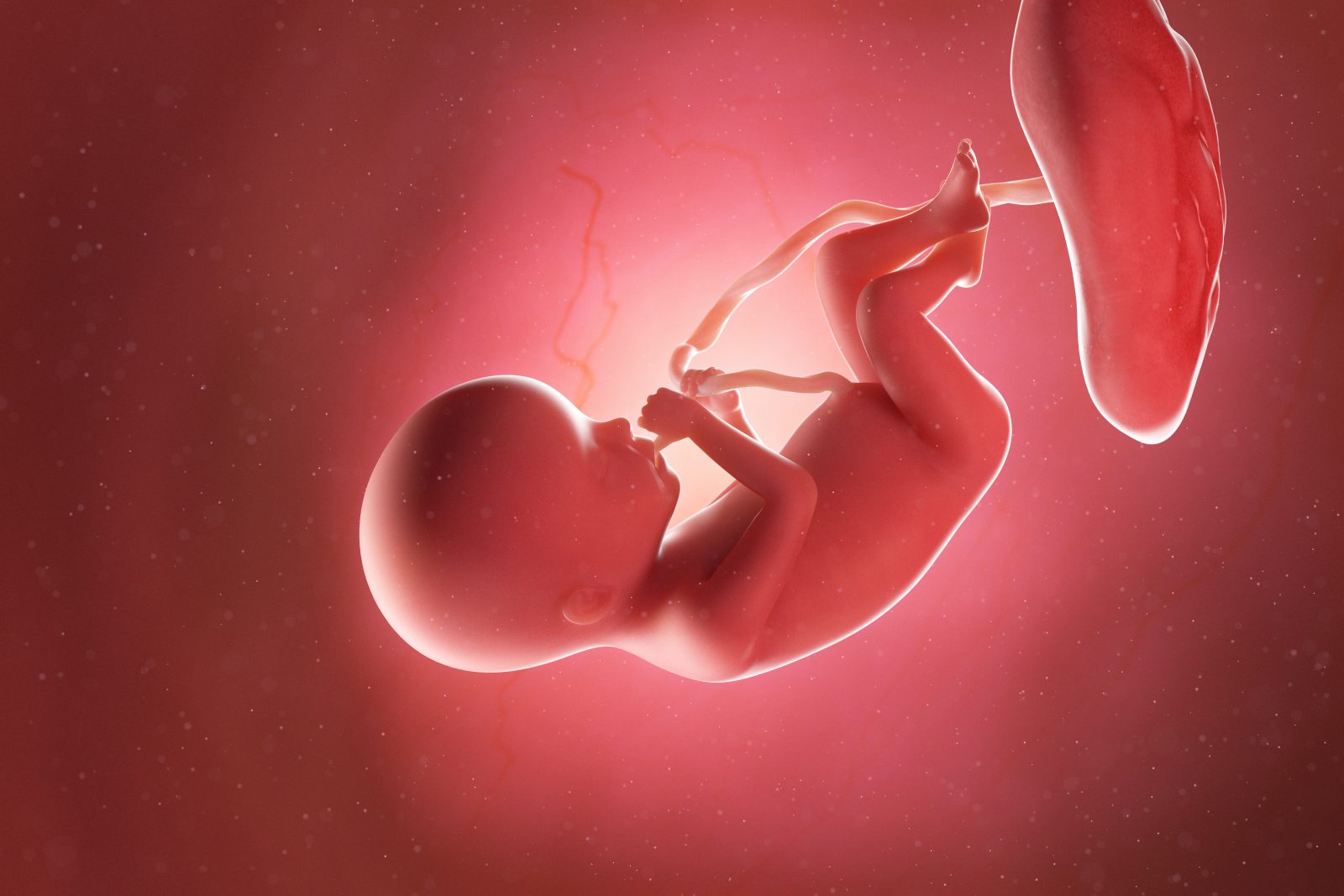
David Galloway: The Fetal Circulatory System is Irreducibly Complex
On today’s ID the Future, distinguished British physician and author David Galloway explains why he’s convinced that the human fetal circulatory system is irreducibly complex and therefore beyond the reach of blind gradualistic evolution to have built. In his conversation with host and fellow physician Geoffrey Simmons, Galloway also mentions some molecular machines that he’s convinced are irreducibly complex and shout intelligent design. The occasion for the conversation is Galloway’s new book, Design Dissected.